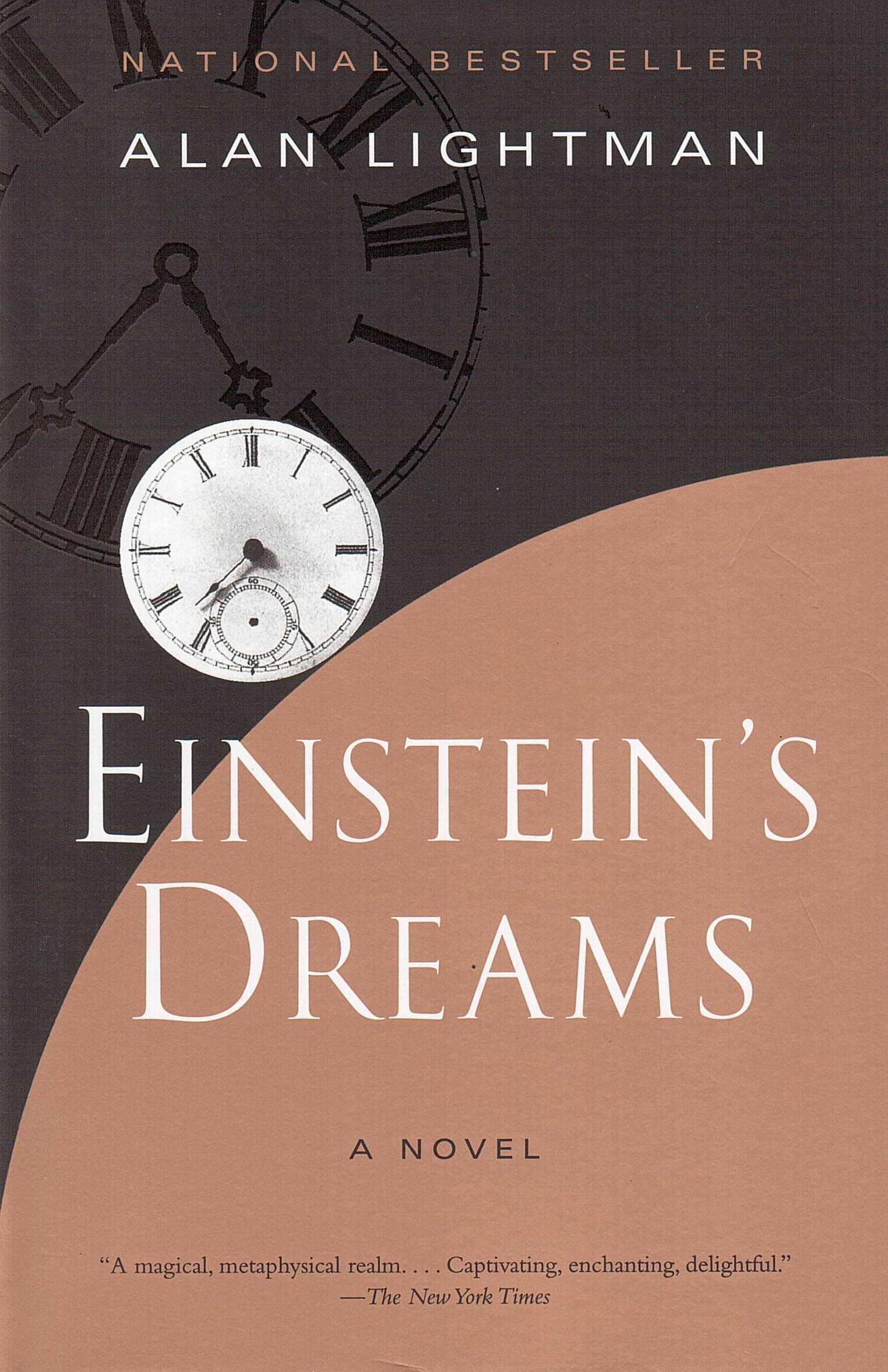I must confess, I read more of Einstein’s Dreams by Alan Lightman than I was assigned. For those of you who have never read it, Lightman’s novel fictionalizes Albert Einstein’s dreams during the period of time he worked as a patent clerk in Switzerland and pondered his Theory of Relativity.
To me, the book felt remarkably Buddhist and I was curious if it was simply the parts I read or the book as a whole — this lead to reading most of the novel. Each dream explored a different way time might function, but no matter which take on time a section was focused on, the characters that lived well in the present moment always seemed to have a better time of it. — excuse the pun.
It was also curious to me that the dissection of how time functions focused almost entirely on the human condition — in particular the idea that no matter what form time took, it always brought sadness to people. In one section, people were trapped forever in a moment of the past, forced to live it over and over instead of moving forward. In another, people lived forever and were shackled to numerous generations of their family, never able to live a life of their own. In that world, some decided suicide was the only option to give individual definition to one’s life. Each of the dreams always came back to the way the imperfect human condition related to time, but also — at least to me — how those who lived a Buddhist life fared better in each incarnation. I’m not sure if that was intentional or simply my read on it, but that’s what stood out to me most. “Life is suffering,” and apparently relating to time is as well.
